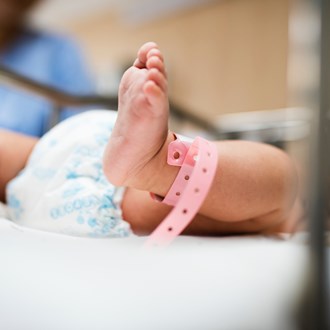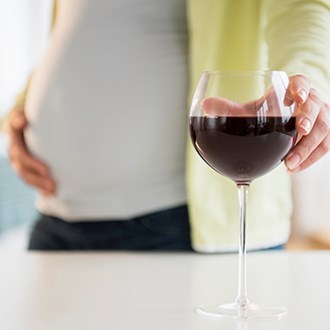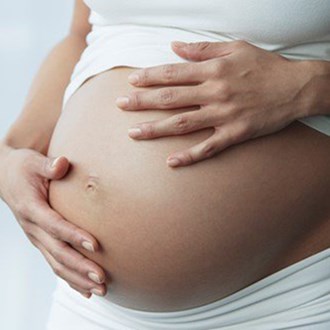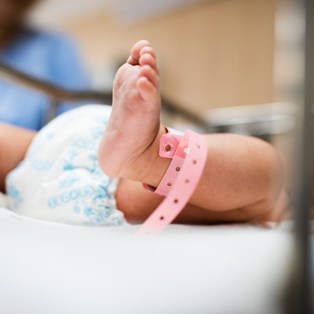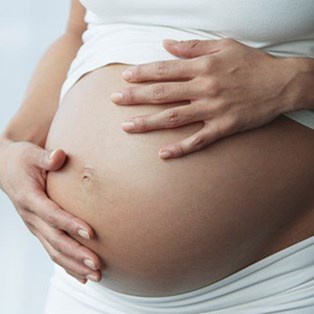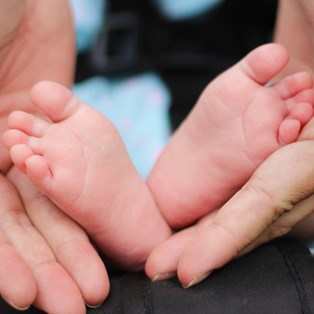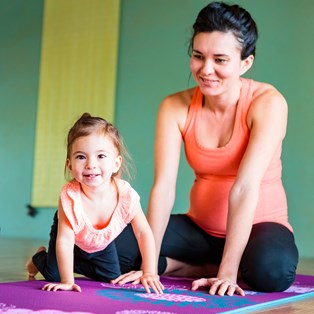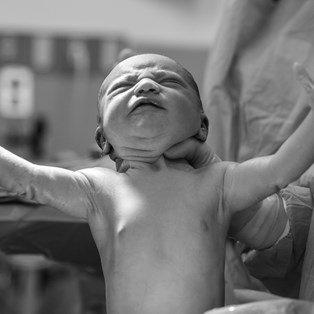Pregnancy ups and downs

Here's how you can deal with prenatal emotions.
Three days after my first son, Sam was born, I lost it. I was exhausted, I was struggling to get milk out of the unwelcome watermelons on my chest. He’d cry and I’d feel like crying right there with him. And then a friend of mother-in-law would turn up with chocolates and wanting to touch my sleeping newborn. So I disconnected the doorbell and told my husband to turn everyone away until I could hold myself together long enough to brush my hair, get dressed and stop crying. Three days later I was back in the game. The baby blues in the first few days after baby is born is common. Feeling overwhelmed, irritable, teary and even sad (in a happy way!) hits up to 80 per cent of us and we still don’t know why!
It’s unclear why women get mood swings and heightened emotions during pregnancy. It could definitely be the hormones. This makes sense because we see a peak of not only the emotional rollercoaster but of mental health issues appearing during the pregnancy and just after - it is a time of intense hormonal changes. But establishing at a scientific level the exact link has proven elusive.
The reality is that even if hormones are a cause, they’re not the sum total of the story. Other factors play a big role:
Your personal circumstances
Is your mum or another support person nearby? Being isolated has a huge link to mental health problems during pregnancy Have you recently lost someone? Having a baby can really remind you of your loss. Is your career in flux? Are you moving out of a job you like or is there uncertainty about your ability to return after baby?
Do you have financial difficulties? Anything else that usually causes stress is amplified by the fact that you are bringing a new life into the world and now have an additional responsibility.
Your own mental health
We know women who have suffered anxiety and/or depression in the past are more likely to suffer from one or both issues again during or after pregnancy.
Losing control
Welcome to parenthood- a gigantic lesson in losing control of your life! Babies don’t necessarily eat or drink when you want them to, let alone sleep. And their health is usually completely out of your control. Pregnancy is often the first step in ceding control of your perfectly organised body and life to this little life you have created.
The weight of expectations
In this 24/7 social media driven world, with so many glowing celebrity mums smiling glamorously from the covers of magazines with babies in their arms, most of us think becoming pregnant will be the happiest, most fulfilling and overwhelmingly positive experience of our lives. And so often it is anything but. Not all women bond with their unborn children from the moment they’re in the womb. Not every woman glows with pregnancy- some may feel that they look dreadful.
Diagnosing the blues
So how can you tell if what you are feeling is just a bit of ups and downs or a problem like perinatal anxiety and depression? The baby blues come on early and last a few days as a rule. But if your mood swings have lasted over a week or two and disrupt your ability to function on a daily basis with caring for your baby, it is more likely to be postnatal depression. This is common- around 15 per cent of pregnancies come packaged up with perinatal anxiety and depression.
If you have any concerns, you can self-test using the Edinburgh Postnatal Depression Scale or EPDS which was developed in the late 1980s. If you come up as a positive, don’t panic. Just head to your GP to get advice. A small word of caution- there is a question about feeling suicidal. If you have answered yes to this question, we want your search for help to be more urgent. The worst thing for your baby is to lose mummy. Take suicidal feelings seriously and get yourself some treatment.
This treatment varies depending on your circumstances. Try to get as much rest as you can, given the constraints of having a new baby. But your GP can refer you for psychological therapies with a psychologist through a mental health care plan. Some women need some medication to get well again, especially if the problem is more severe.
Ask for help
If you don’t have a GP, don’t worry there is help out there. In office hours, pick up the phone and call PANDA (Perinatal Depression and Anxiety Australia- a not-for-profit group dedicated to mums with mental health issues in and after pregnancy.) They have a hotline (1300 726 306) which you can call for some support and practical advice. Or check out their website www.panda.org.au. They can help connect you with services you need.
Finally, here are some other helpful numbers to have on hand just in case: Domestic Violence Helpline 1800 737 732 Lifeline 13 11 14

Dr Ginni Mansberg is a GP, Practical Parenting Expert, author and resident doctor on Channel 7's Sunrise program.


